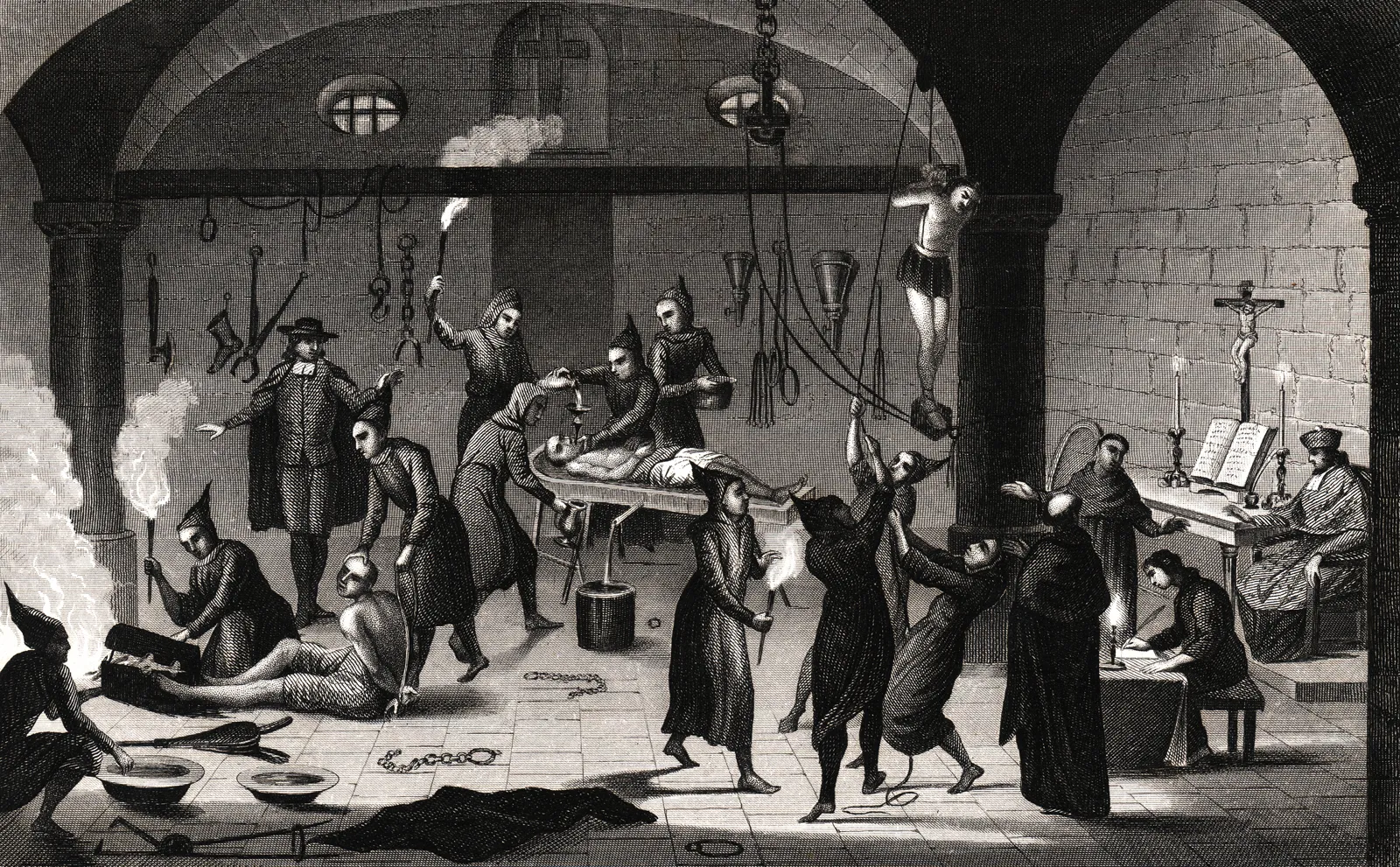Villa Pisani, nestled in Stra, northern Italy, holds a treasure trove of history, art, and architecture. Among its many highlights is Napoleon Bonaparte’s private bathroom, a testament to both the emperor’s taste and the splendor of early 19th-century aristocratic life. This intimate space, complete with a recessed bath, offers a rare glimpse into Napoleon’s personal world and the opulence he surrounded himself with—even in moments of solitude.
A Palace for an Emperor
Villa Pisani, an 18th-century Baroque masterpiece, was originally built by the illustrious Pisani family. However, by the early 19th century, financial ruin—partly due to extravagant gambling—forced the family to sell their estate. In 1807, Napoleon purchased the villa, transforming it into an imperial residence befitting his status as Emperor of the French and ruler of much of Europe.
Napoleon’s acquisition of the villa wasn’t merely for grandeur. Strategically located near Venice, the estate served as a retreat during his campaigns in Italy and a venue to entertain European dignitaries.
The Recessed Bath: A Mark of Grandeur
The bathroom at Villa Pisani reflects the emperor’s penchant for luxury and functionality. Its centerpiece is a recessed bath, carved into the floor and surrounded by intricate decorative elements. While bathing might seem mundane today, in Napoleon’s time, it was a ceremonial act symbolizing power and refinement.
The bath was designed with a blend of practicality and artistry. It ensured privacy while embodying the neoclassical elegance of the period. The walls and floor around the bath were likely adorned with marble, mosaics, or painted frescoes, emphasizing the emperor’s connection to Roman traditions of bathing as a cultural and social activity.
A Glimpse Into Napoleon’s Lifestyle
Napoleon’s bathroom at Villa Pisani is more than a room—it is a reflection of his complex character. Known for his military genius and political ambition, Napoleon also had an appreciation for art, architecture, and the finer things in life. The villa, and particularly this private space, underscores his dual nature: the conqueror who ruled vast territories and the man who valued moments of introspection and comfort.
Villa Pisani Today
Now a museum, Villa Pisani welcomes visitors from around the world who wish to experience its rich history and breathtaking architecture. The villa’s grand halls, lavish gardens, and Napoleon’s private quarters, including the famous bathroom, serve as reminders of the empire that once was.
For history enthusiasts and casual travelers alike, Napoleon’s bathroom is a must-see. It is a small but significant part of a larger narrative, telling the story of a man whose influence shaped Europe and whose legacy endures in places like Villa Pisani.
This enchanting piece of history is a reminder of how even the simplest aspects of life—like a bath—can hold deep cultural and historical significance when tied to figures as towering as Napoleon.








